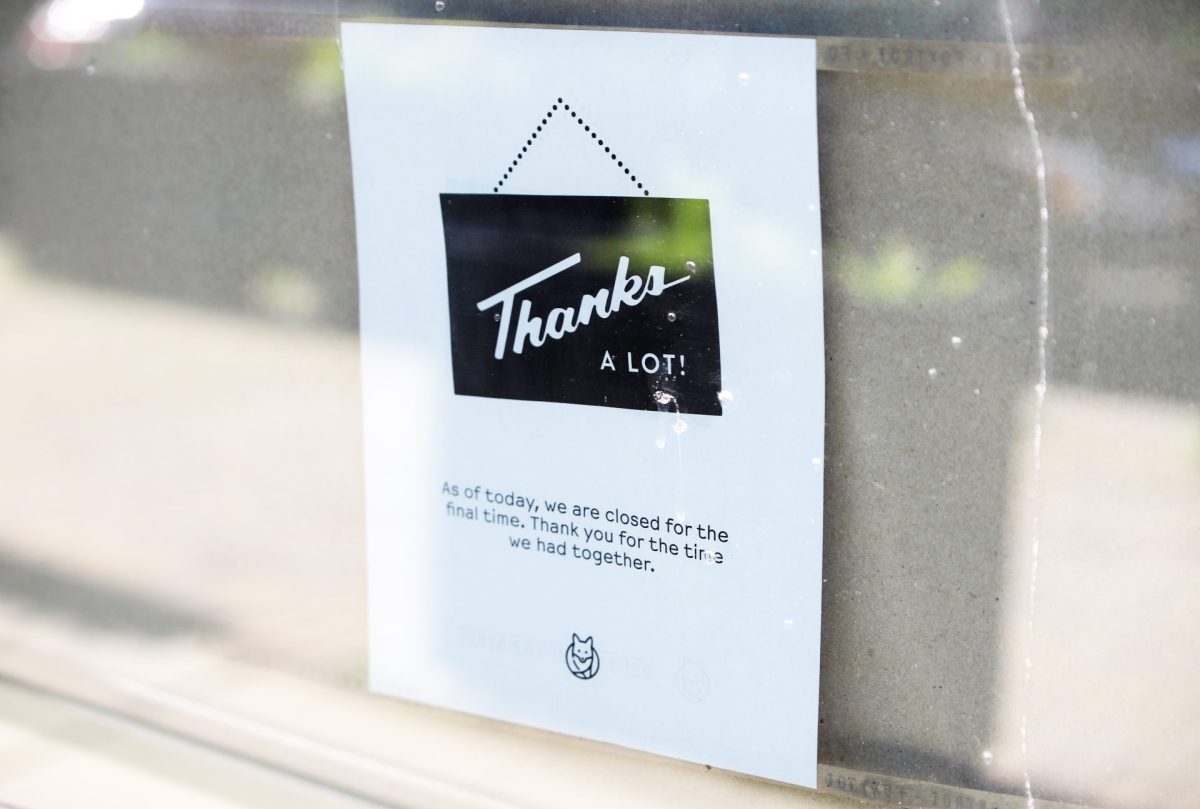With women in media being more open about sex, and honest lyrics being written about harsh realities, it can seem like popular culture is on a downward ethical spiral. But with a closer look, perhaps perpetuating the discussion of sexuality in a way that young people can relate to will stop the perpetuation of negative actions.
Being a student in one of the most diverse cities in America, it’s natural to discuss, to argue, to discover differences in the people around us. This being said, I have never been one for sweeping issues under the rug or pretending that they don’t exist – no matter how sensitive they may be.
While there are still very poignant issues involving misogyny and degradation of women in pop culture (i.e. Robin Thicke’s song “I Know You Want It” – maybe I really don’t though), some of the biggest names in the business are digging up the tough issues and pining for a society filled with equality, or at the very least, understanding.
Eminem’s 2010 hit featuring Rihanna, “Love the Way You Lie”, exposes the realities of domestic abuse. Eminem raps about the shame he feels and yet he keeps committing the atrocities, while Rihanna sings of her abuse as an addiction, and how she feels she deserves the pain. While this is tragic, it’s realistic. The realism depicted allows people to connect, those wading through issues of the like to relate, and for all of society to see that it’s not okay. If these issues are exposed in a way that the masses can see them – especially if it’s by well-known celebrities – the issue can’t be masked any longer. Furthermore, if the issue is addressed and present in millions of peoples’ lives through the form of pop culture, it is more difficult to run from – those in these situations can seek out help without feeling alone.
But not all songs delve so deep into hard-pressing issues. This is true, but a deeper look can almost always be taken.
Beyonc’ÛΩ’s newest album XO does touch on hard hitting issues surrounding women’s qualms with body issues with “Flawless” and “Pretty Hurts,” but the most popular songs are overtly sexual with seemingly less significance other than entertainment. In her hit “Partition,” Beyonc’ÛΩ illustrates a scene with her husband Jay-Z, including all the dirty details of their sexual endeavors while the music video shows off her body, depicting her in bikini-like outfits and lingerie.
So how is Beyonc’ÛΩ helping feminism? The French interlude in “Partition” states, “Est-ce que tu aimes le sexe?…. Les hommes pensent que les femmes d’ÛΩtestent le sexe, mais c’est une activit’ÛΩ tr’ÛÎås stimulante et naturelle que les femmes adorent.” (Translation: Do you like sex?…. Men think that women hate sex, but it is a very stimulating and natural activity that women love.)
Beyonc’ÛΩ is putting the power of sex back into the hands of women. Most songs that speak of sex in such a blunt way are written by males and only objectify women. However, Beyonc’ÛΩ tells the truth behind sex, which strips the power away from the males that are using it as ammo against women.
Understanding is the crux of resolving major issues in the world. By speaking out honestly about these issues of sex – whether it be through songs, movies, schools, and whether it be carried out by powerful celebrities, teachers, students, perpetrators, victims or anyone at all – the issues are brought to the table and real change can begin to be seen.







